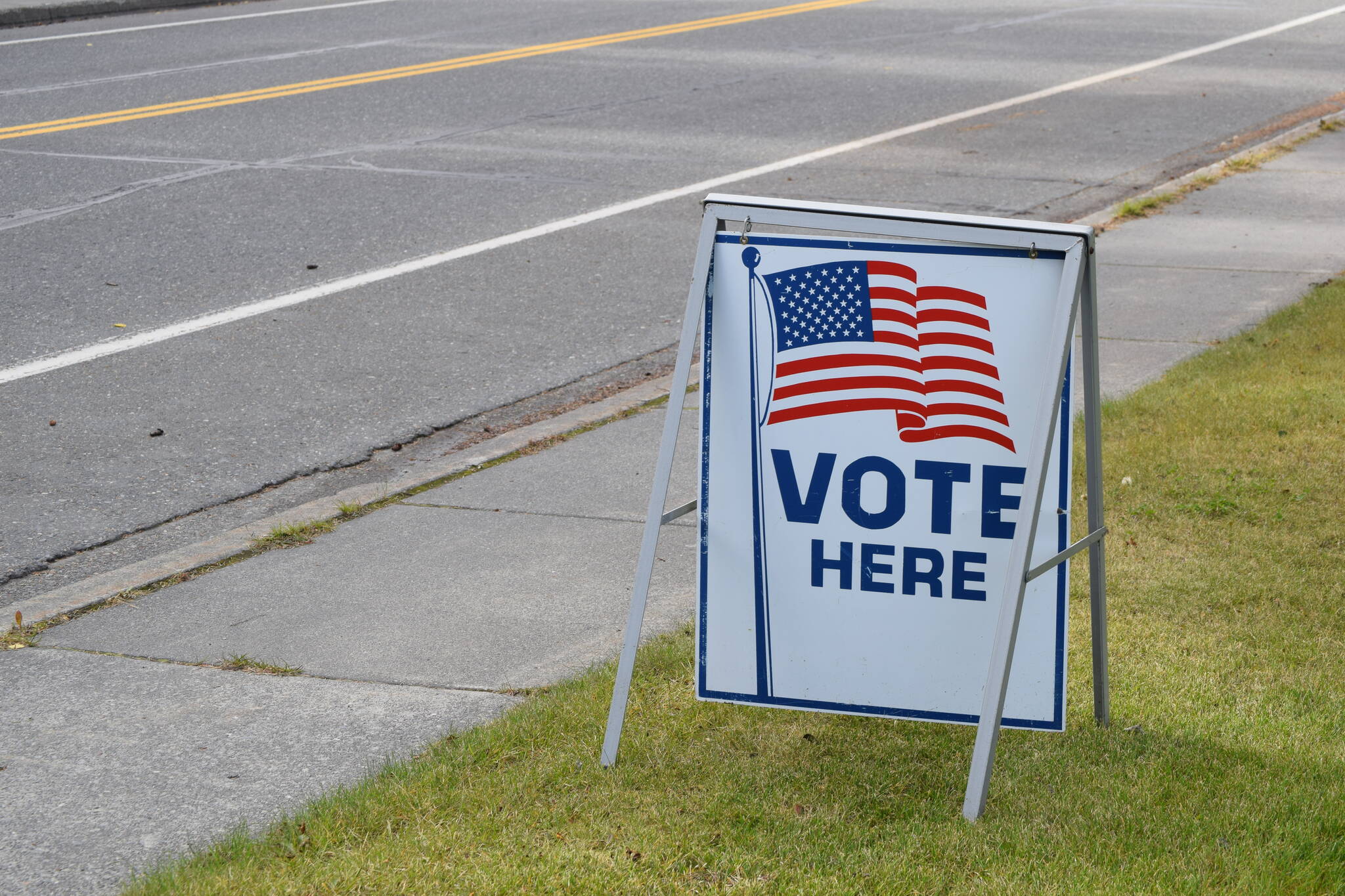Kenai Peninsula Borough Assembly members considered in a meeting last Tuesday of their Policies and Procedures Committee the best time to hold a special borough mayoral election.
Outgoing Borough Mayor Charlie Pierce announced last month that he would be stepping down as mayor effective Sept. 30. A statement released by the assembly earlier this month says Pierce, who is also running for governor, was asked to consider resigning as part of a resolution to an allegation of harassment, which an investigation initiated by the borough found to be credible.
Whoever is elected through the special election will serve for the remainder of Pierce’s term, which ends in October 2023. A regular election for mayor will be held next year.
Assembly members voted 7-2 earlier this month to appoint Mike Navarre as the borough’s interim mayor. Navarre, who will step in on Oct. 1, is a two-time former borough mayor and former state lawmaker.
Kenai Peninsula Borough Clerk Johni Blankenship, who is tasked with administering borough elections, wrote in a Sept. 20 memo to assembly members that the earliest a special election to replace Pierce could take place is Jan. 9, 2023, per borough code. Code requires that a special election can be called “at any time at least 75 days prior to the date of the election.”
However, Blankenship said Tuesday that borough code outlines an absentee by-mail voting timeline that says applications can only be requested after the first day of the year in which the election takes place. Applications for absentee by-mail ballots must also be received more than seven days before the election is held.
To comply with borough code, Blankenship said the borough’s current practice is to send voters who have previously applied for and requested new by-mail ballots an information postcard at the beginning of each year. If the special mayoral election was held on Jan. 9, Blankenship said there would be a very short window of time for people to apply for an absentee by-mail ballot and then have that ballot mailed to them.
“I would think that the first date in February would be better than a date in January just to assure that everybody gets proper notification,” Blankenship said.
Assembly members considered multiple dates during Tuesday’s committee meeting, including Feb. 7 — which would likely conflict with an assembly meeting — and Jan. 31 — a potential compromise. The special election must also be done by April 2, per Alaska State Statute, and will likely also require a mayoral runoff election, to be held two weeks after the results of the election are certified.
Kenai Peninsula Borough code says that someone can only be elected borough mayor if they receive “a majority of votes cast.” If no candidate receives a majority of votes, code says a runoff election is to be held between the two candidates receiving the highest number of votes.
“The only time we haven’t seen a runoff is when there are two strong candidates and one candidate that maybe doesn’t garner as much support,” Blankenship told assembly members Tuesday. “But, if we have three strong candidates, we will have a runoff.”
Kenai Peninsula Borough Attorney Sean Kelley told assembly members that they could get around the runoff election by making an exception to borough code for the special mayoral election, such that a new mayor could be elected with a simple majority, rather than with more than 50% of votes cast.
“I think the body could provide an exception for this special election if so desired,” Kelley said.
Eliminating the need for a special mayoral runoff election would also save the borough money, Blankenship said. She estimated that not having a runoff election would halve the total estimated cost. Blankenship’s memo estimates that it will cost about $250,000 to hold both the special mayoral election and runoff election.
The final special mayoral election timeline will be determined by the assembly and set via ordinance. The timeline outlined by Blankenship in the Sept. 20 memo says that the assembly could introduce an ordinance calling for a special election and appropriating money on Oct. 11 and then approve that ordinance on Oct. 25.
Tuesday’s full meeting of the Policies and Procedures Committee can be streamed on the borough’s website at kpb.legistar.com.
Reach reporter Ashlyn O’Hara at ashlyn.ohara@peninsulaclarion.com.


